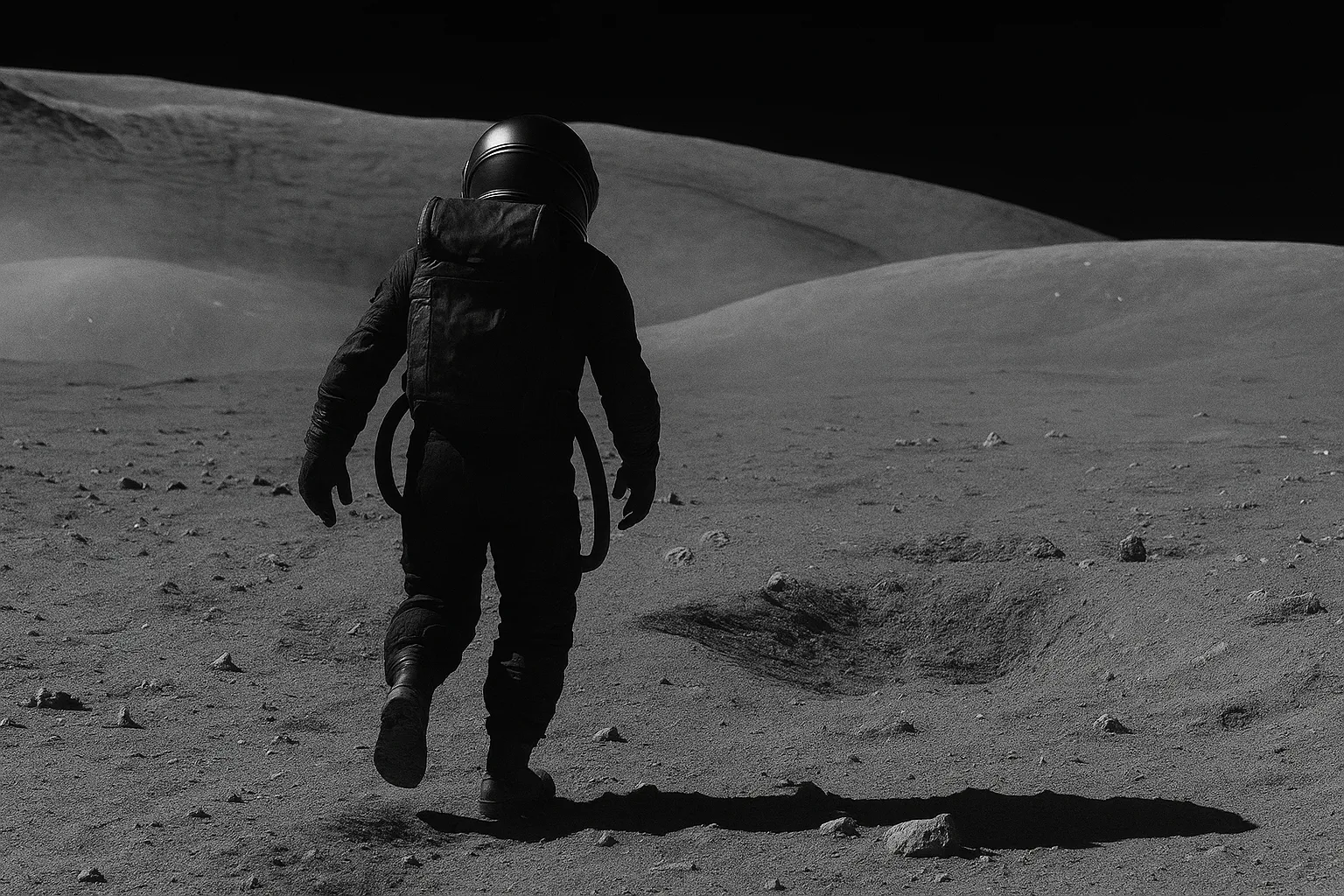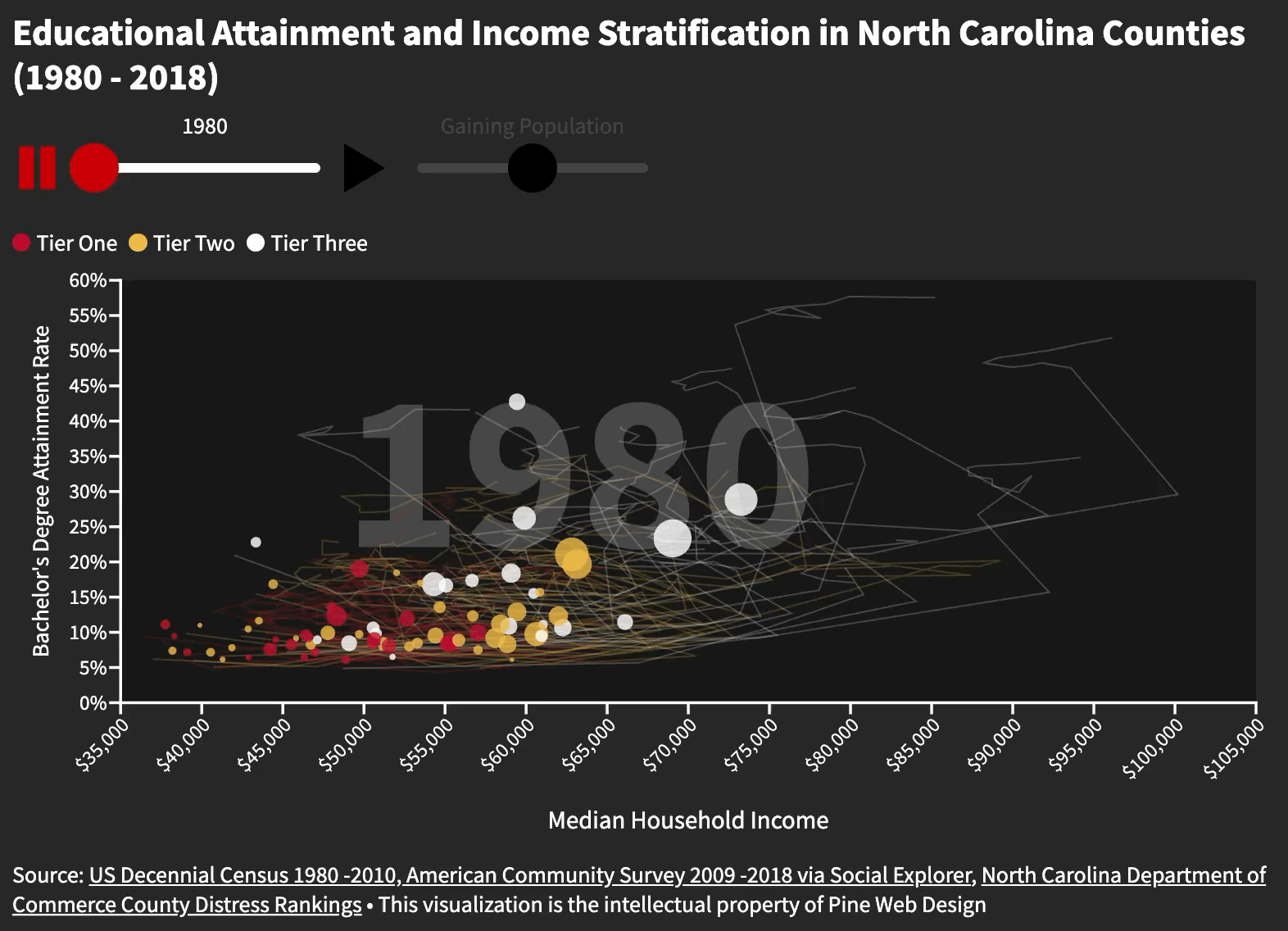How does William bridge grassroots advocacy with high-level policy strategy?
Bridging grassroots advocacy with high-level policy strategy comes from understanding that effective electricity sector decarbonization requires frontline community wisdom to directly inform policy decisions. This approach builds coalitions that include both grassroots advocates fighting utility shutoffs and policymakers crafting renewable energy standards, ensuring community voices drive policy development from the ground up.
The work focuses on creating strategic coordination systems where diverse stakeholders align around shared campaign objectives. This ensures that local victories become evidence for scaling policy interventions across jurisdictions while maintaining authentic relationships with those most impacted. Community-controlled coalition building generates replicable models for justice-centered decarbonization, proving to funders that centering frontline expertise delivers the most effective results for equitable clean energy transition.
How does William's approach to strategic coordination ensure that clean energy initiatives center community leadership while achieving scalable policy impact?
Strategic coordination centers on the principle that effective clean energy initiatives emerge when frontline communities drive both strategy and implementation. This involves convening diverse stakeholders—from community advocates to policymakers—around shared metrics that measure both emissions reduction and community benefit.
Creating grassroots wisdom directly informs strategy development and where policy wins translate into tangible community benefits. By maintaining this dual focus on community leadership and strategic impact, this approach generates replicable models for scaling justice-centered decarbonization nationally, proving to funders that centering those most impacted produces the most effective clean energy transitions.
How dangerous are these storms for a mission?
While the winds aren’t strong enough to knock over structures, the fine dust can damage equipment, reduce visibility, and cut off solar power — serious risks for survival.
How does the suit manage its energy flow?
The illuminated conduits distribute power seamlessly across the suit — from life support to mobility systems. This ensures the astronaut never loses critical functions, even in extreme conditions.
Why does Mars have two moons instead of one?
Mars’ tiny moons, Phobos and Deimos, are likely captured asteroids from the nearby asteroid belt. Their irregular shapes and unstable orbits make them very different from Earth’s Moon — and a challenge for future exploration.
William Munn, Ph.D.

"We are called to be architects of the future, not its victims."
- Buckminster Fuller





.png)
We have Limitless energy for the good of mankind
Whether from wind, solar, or geothermal power, humanity stands at a crossroads where renewable energy offers us the means to meet every challenge of energy demand, consumption, and resilience. We must move toward this destiny—one liberated from the constraints of outdated generation and the burdens of exploitative systems of commoditization.
Professional experience
- Ralph Waldo Emerson

Regional Director of the Carolinas, Vote Solar
Strategic Energy Policy Leadership
- Multi-Level Campaign Strategy: Designed and executed comprehensive regional strategy to advance solar policy across North and South Carolina, working simultaneously with grassroots advocates, state legislators, utility commissioners, and federal partners. Developed data-driven approaches that identified key leverage points and coordinated efforts across multiple decision-making venues.
- National Model Development: Created replicable organizing and policy advancement model through Enfield Energy Future initiative that demonstrates how rural communities can lead clean energy transitions. Work featured in national media (Canary Media) and serves as case study for scaling community-controlled energy solutions nationwide.
Coalition Building & Stakeholder Coordination
- Cross-Sector Partnership Management: Built and coordinated strategic coalition of 15+ diverse partners including environmental advocates, rural development organizations, academic institutions, legal experts, and government officials to advance shared clean energy and equity goals across two-state region.
- Multi-Organizational Campaign Management: Led strategic coordination across Vote Solar, Southern Environmental Law Center, Center for Energy Education, Duke University, The Nature Conservancy, and local leadership to advance shared energy justice goals.
Electricity Sector Analysis & Strategy
- Regional Energy Burden Assessment: Conducted comprehensive analysis of energy disparities across 3,298 census tracts in North and South Carolina, identifying communities experiencing disproportionate electricity costs and developing targeted intervention strategies to address systemic inequities in energy access and affordability.
- Grid Modernization Strategy Development: Collaborated with National Renewable Energy Laboratory (NREL) and local officials to design comprehensive grid modernization and solar deployment strategy for municipal utility, demonstrating pathways for community-controlled electricity sector transformation.

Senior Policy Analyst, North Carolina Justice Center
Policy Research & Strategic Analysis
- Large-Scale Impact Assessment: Conducted comprehensive policy analysis affecting 10+ million North Carolina residents, producing 15+ research publications that informed state and federal policy decisions on economic development, health outcomes, and equity issues. Research served as foundation for policy initiatives and legislative campaigns.
- Strategic Policy Development: Designed evidence-based policy solutions that advanced broadband access, economic development, and health equity goals through coordinated advocacy campaigns targeting state and federal decision-makers.
Campaign Strategy & Coalition Coordination
- Multi-Partner Advocacy Campaigns: Led strategic coordination of diverse stakeholder coalitions to achieve policy wins in health access, economic development, and capital procurement equity. Successfully built consensus among competing interests and developed metric-driven campaign strategies that delivered measurable policy outcomes.
- Community Leadership Development: Collaborated with grassroots organizations to develop community leaders' capacity for policy advocacy, providing training and technical assistance for legislative engagement.
- Legislative Strategy & Advocacy: Conducted direct lobbying of state and federal legislators, translating complex research findings into compelling advocacy materials and legislative testimony that advanced clean energy and equity policies.
Thought Leadership & Knowledge Synthesis
- Research-to-Action Translation: Created compelling policy communications and data visualizations reaching 50,000+ stakeholders through traditional and digital media campaigns. Developed accessible frameworks for understanding complex policy issues that informed both grassroots advocacy and high-level policy decisions.
- Strategic Communications & Stakeholder Engagement: Built comprehensive communication strategies that effectively engaged diverse audiences from community organizations to corporate stakeholders, creating shared understanding of policy priorities and advancement opportunities.

Education
- Derrick Bell
%20(1).png)


- Cognate: Civic and Community Engagement
- Dissertation: "Running away from home: Social and economic factors, net migration and North Carolina black belt counties"
- Concentration: Public Management
- Thesis: "Teacher expectancy bias and the achievement gap as a policy problem"